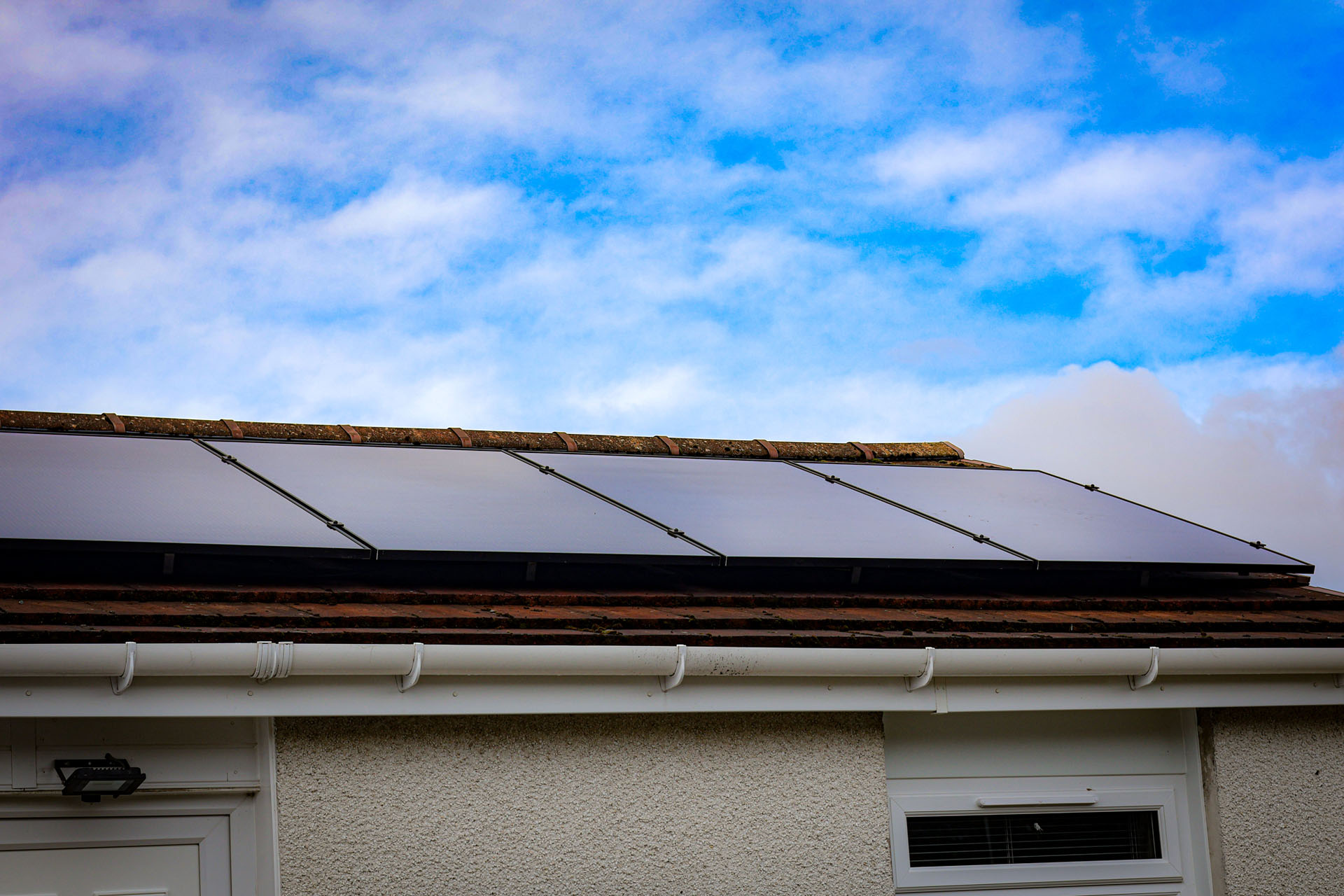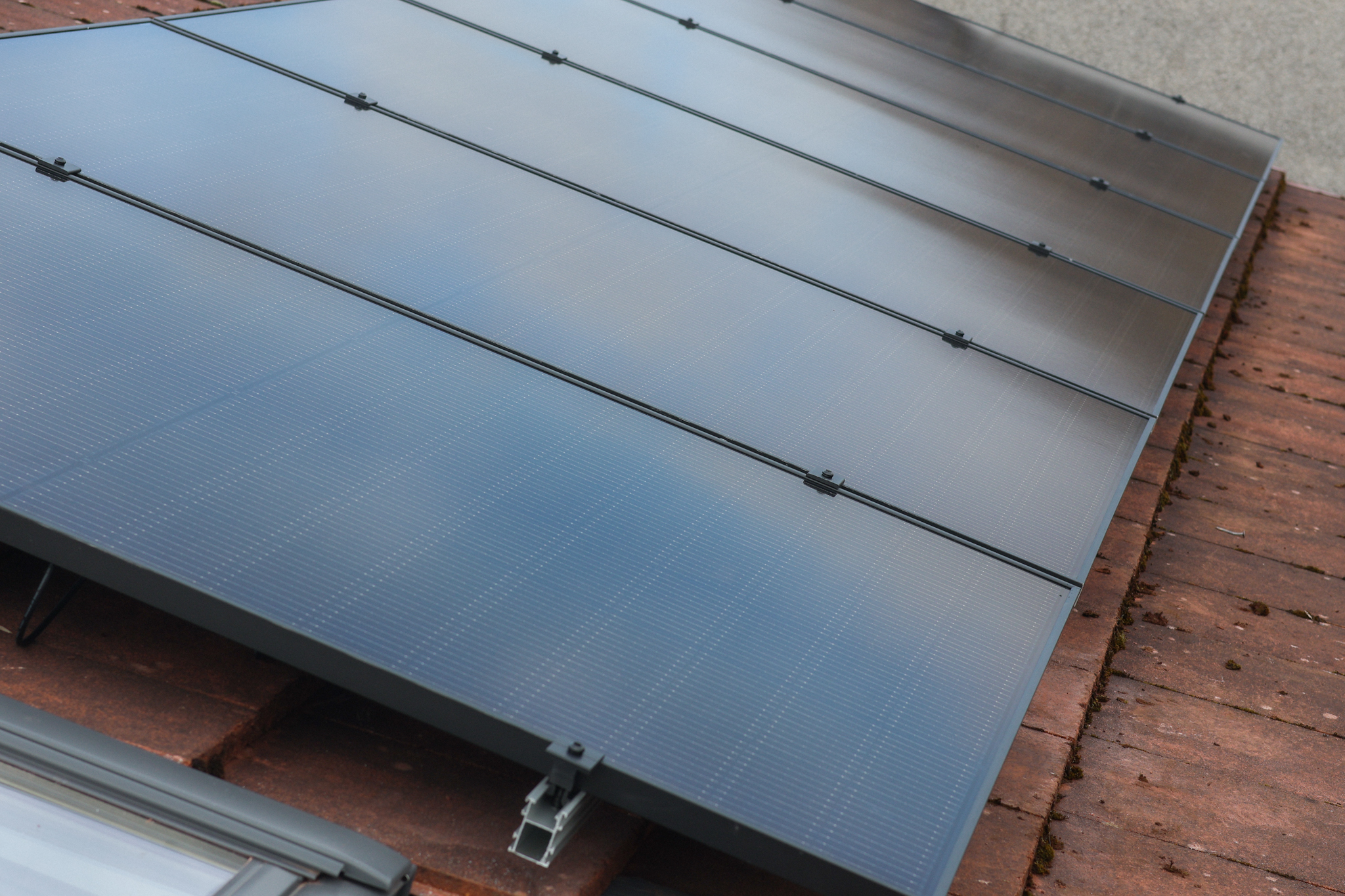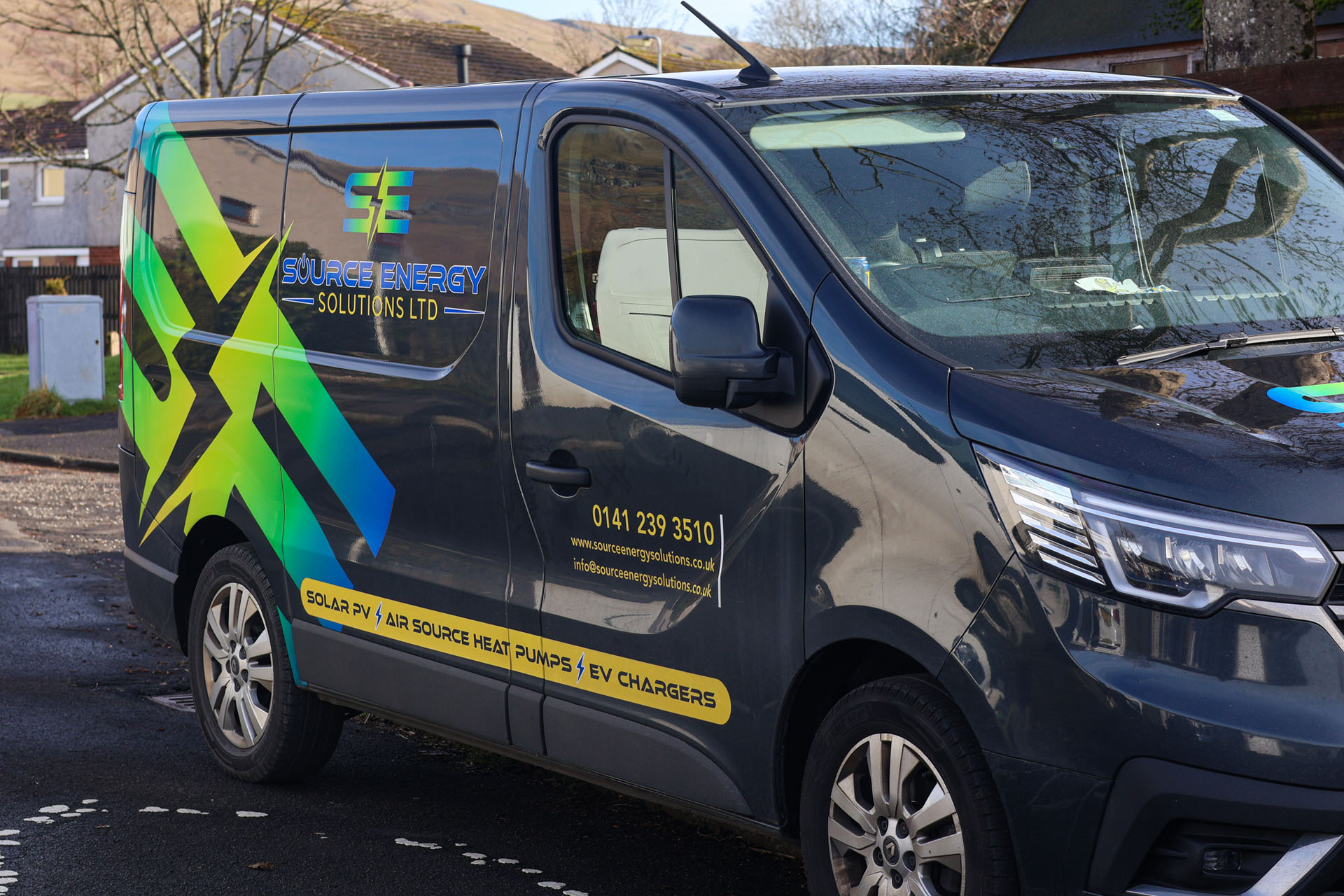Introduction
Solar energy is becoming an increasingly popular choice for homeowners across the UK, and Scotland is no exception. But one question that frequently arises is whether solar panels can withstand the harsh Scottish winters. With shorter days, frosty mornings, and snowfall, it’s natural to wonder whether investing in solar energy in such a climate makes sense.
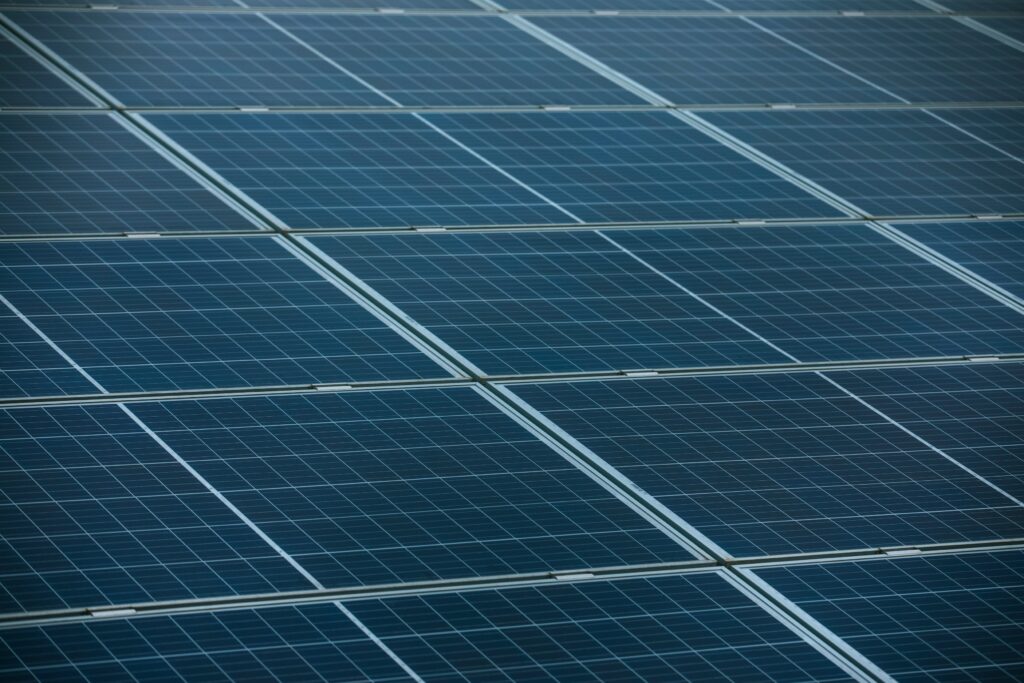
In this article, we’ll explore how solar panels fare during Scottish winters, addressing concerns about efficiency, durability, and the impact of snow, wind, and cloud cover.
Understanding Scottish Weather
Harsh Winters in Scotland
Scotland is known for its beautiful yet often unforgiving winter weather. Between freezing temperatures, strong winds, and heavy snowfall, Scottish winters can last for several months. However, contrary to popular belief, solar panels are designed to handle these conditions.
Common Weather Conditions
Let’s break down the weather patterns in Scotland during winter to better understand how they might impact solar panels.
Snowfall and Frost
While Scotland doesn’t get as much snow as some other northern regions, it does experience a fair share, particularly in the Highlands. Snow accumulation can cause concern for solar panel owners, but there are ways to manage this, as we’ll discuss later.
Shorter Days and Cloud Cover
One of the major concerns in Scotland is the reduced daylight hours during winter, along with the frequent cloud cover. While this does reduce the amount of sunlight hitting the panels, modern technology has made solar panels more efficient at harnessing even limited light.
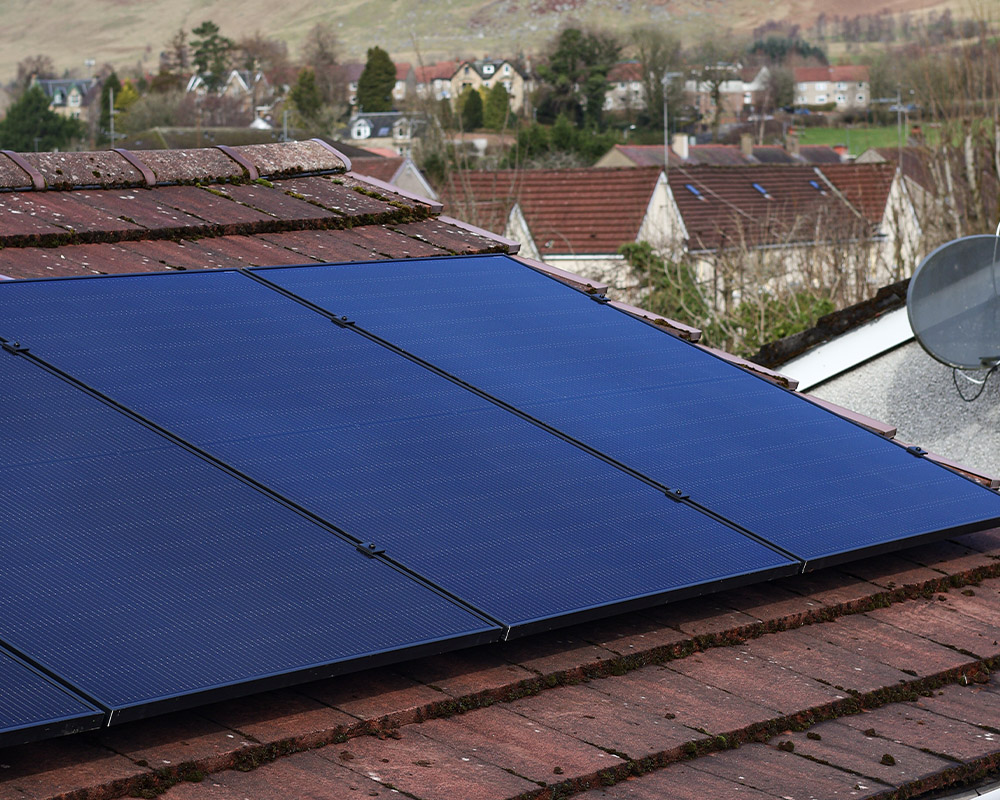
High Winds and Rainfall
Scotland’s high winds and frequent rainfall can also raise questions about the durability and efficiency of solar panels. Thankfully, modern solar panels are built to withstand these tough conditions.
How Solar Panels Work in Winter Conditions
Do Solar Panels Generate Power in Winter?
The short answer is yes, they do. While solar panels are most effective in direct sunlight, they can still generate power during Scottish winters, even on cloudy days. Solar panels work by capturing photons (light particles) from the sun, and as long as there is daylight, even diffuse light can generate electricity.
Snow Accumulation and its Effects on Efficiency
The Impact of Snow on Solar Panels
A light layer of snow won’t necessarily stop your solar panels from working. In fact, the panels can often warm up enough to melt snow quickly. If a thick layer of snow does accumulate, it can reduce efficiency, but this is usually only temporary. Once the snow slides off or melts, your panels will resume normal operation.
Weather Resistance of Modern Solar Panels
Does Cloud Cover Affect Solar Panel Efficiency?
It’s true that cloud cover can reduce the amount of sunlight reaching your panels, but it doesn’t stop them from working. Even on overcast days, solar panels can capture enough light to generate electricity, though at slightly reduced efficiency. In fact, solar panels often perform better in cooler temperatures than in extreme heat.
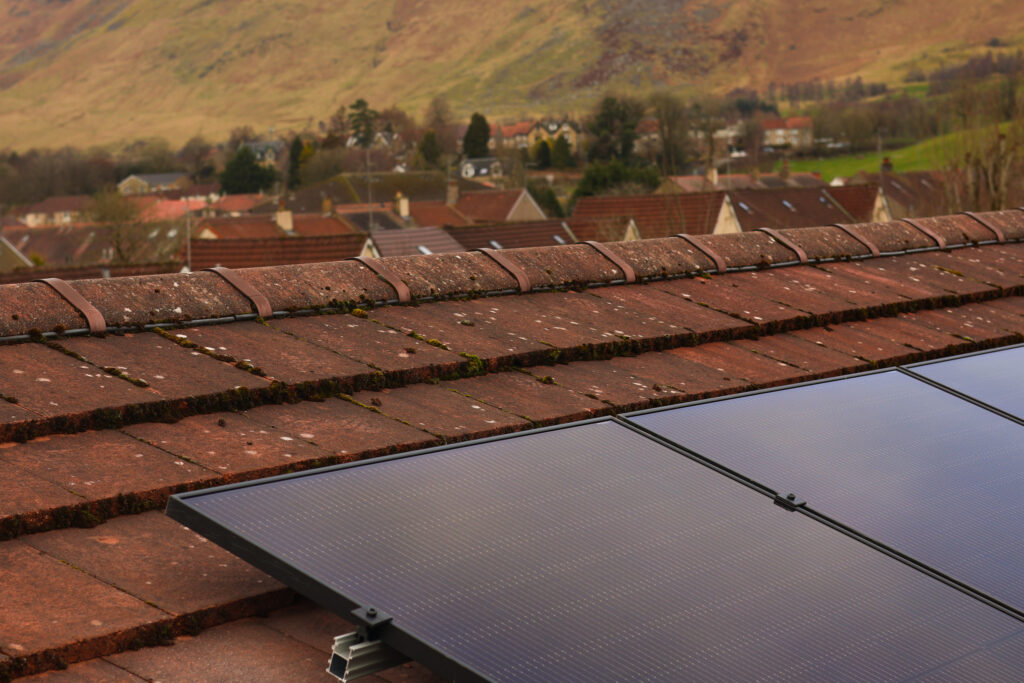
Wind Resistance
Scotland’s high winds can be a concern, but solar panels are tested for wind resistance and are usually installed at angles that make them more aerodynamic. This helps prevent any damage from strong gusts.
Water and Snow Resistance
Solar panels are designed to be waterproof and can handle heavy rainfall without issue. Snow and ice won’t cause damage to the panels, provided they are properly installed and maintained.
Temperature Effects on Solar Panel Performance
Interestingly, solar panels often operate more efficiently in cooler temperatures. While extreme cold can cause other issues, as long as the panels are exposed to daylight, they can continue producing power effectively.
Performance of Solar Panels in Low-Light Conditions
Do Solar Panels Work with Low Sunlight?
Yes, they do. Solar panels don’t require direct sunlight; they simply need daylight. Scotland may have shorter winter days, but this doesn’t stop solar panels from generating electricity.
Efficiency During Short Winter Days
Although the days are shorter during Scottish winters, solar panels can still generate a significant amount of energy. Advances in technology have made solar panels more efficient, even in low-light conditions, ensuring that homeowners can still benefit from solar energy throughout the year.
Solar Panel Maintenance in Winter
How to Keep Panels Clear of Snow
In most cases, the angle at which solar panels are installed allows snow to slide off easily. However, in the event of heavy snowfall, it’s essential to remove snow carefully using non-abrasive tools to avoid damaging the panels. We would always advise that you employ trained professionals for this as it can be dangerous to do it yourself without the proper training and knowhow.
Maintenance Tips for Ensuring Peak Efficiency
Regular cleaning and inspections are key to keeping solar panels operating at their best during winter. Ensure that they remain free of debris, ice, or snow to maximise efficiency.
Benefits of Installing Solar Panels in Scotland
Long-Term Energy Savings
Despite the challenging winter conditions, solar panels can still provide substantial energy savings in Scotland over time. They reduce dependency on grid electricity, offering financial benefits through lower energy bills.

Reducing Carbon Footprint
By generating your own clean energy, you’ll be reducing your carbon footprint, contributing to a greener Scotland, and helping the country achieve its renewable energy goals.
Common Misconceptions About Solar Panels in Winter
Myth: Solar Panels Don’t Work in Cold Weather
Many people assume that solar panels need warm weather to function, but this isn’t true. They actually work more efficiently in cooler temperatures as long as there’s daylight.
Myth: Snow Permanently Damages Solar Panels
While heavy snow can temporarily block sunlight, it doesn’t damage the panels. In fact, solar panels are designed to withstand weight from snow and ice.
Conclusion
So, can solar panels survive a Scottish winter? Absolutely. With advancements in technology, solar panels can handle Scotland’s cold, windy, and snowy conditions, providing efficient energy year-round. Whether it’s cloudy skies, snowfall, or shorter days, solar panels remain a viable and effective option for homeowners in Scotland.
